
Traveling safely with children is a challenge, especially if your child tends to wander, can't communicate easily or is on the autism spectrum. Plan ahead with these seven travel safety tips to reduce the stress of traveling with special needs -- and enjoy the journey.
After all, travel stimulates the brain with exposure to new environments and challenges. Whether you're taking a weekend road trip or going far away, travel helps form
neural pathways and increase brain plasticity.
-
Planning Ahead is First of Travel Safety Tips
You know your child best, so consider your child's needs before making your travel plans. Think about things like medications and comfort toys that soothe them, but also practical factors, like will your child be ok on an airplane? Do you need noise-cancelling headphones or music to help them drown out the sounds of take-off? Can you book a direct flight so that you're not stuck on a long layover in an airport? Which
sensory tools should you pack? Planning ahead is one of the key travel safety tips.
-
Prep Your Child Before You Go
Does your child respond well to role-playing? Does she need to have changes in her schedule explained to her ahead of time? Do pictures help your child understand what will be happening? Use the communication tools that work well for you in other situations to help prepare your child for travel. Talk them through what will happen, show them pictures of where you're going, and explain in ways they might understand what kind of adventure is ahead. Some airports have special programs to let children become accustomed to the security process before they travel so that it's not so scary. Sensory rooms are also available in some airports.
-
Ask about Special Accommodations
It's easier today to travel with a special needs child than it used to be. Many hotels, and even some airlines, are far more understanding of the accommodations required to make the experience a positive one for your child. If you're going to a zoo, amusement park, or other public place, talk to guest services ahead of time and learn what kinds of accommodations are available. Some zoos have special hours for special needs kids; some amusement parks have special passes so they don't have to wait in line. From pre-boarding your flight to arranging any special requests with your hotel in advance, you can do a lot before you travel to smooth the way.
-
Plan Downtime
No matter where you are traveling or what adventures you're planning, if it's very easy for your special child to become overwhelmed, be sure to plan downtime. Schedule an afternoon back at the hotel to rest, play in the pool, or nap. Don't cram so much into the vacation that you're all exhausted and stressed.

-
Bring Plenty of Comforts from Home
Having familiar items nearby can help soothe a stressed child in unfamiliar surroundings. Take their favorite blanket and stuffed animal, pack their favorite snacks, and bring their favorite books, music, or movies. Anything you can do to give your special child familiar surroundings can make travel easier.
-
Be Prepared for the Unexpected
No matter how well you plan, not everything about your trip will go as expected. You will end up in a restaurant in which there is no food your child will eat; you will go to a place you think will be safe and comfortable for your child that will end up triggering a reaction or behavior. Take a deep breath, do what's best to protect your child, and don't be too hard on yourself for not anticipating the outcome. You cannot predict everything and even the best travel safety tips can't prevent the unexpected.
-
Wear Identification and Use GPS Tracker
No one wants to think about the worst thing that could happen when traveling, but the best way to avoid it is to be prepared. If you have a child who wanders, is unable to express himself, or has medical issues, take extra precautions. Label your child's clothing with your name and phone number. Make sure he is wearing a medical ID bracelet. Carry current photos of your child. And consider a
GPS tracker with a location monitor and a listening function to help you quickly locate your child.
At AngelSense, we know that you can never take the safety and security of special children for granted. But having a special child shouldn't keep you from being able to travel and give them new adventures and experiences. These seven travel safety tips can help you keep your special child safe while still enjoying time away.
To learn how AngelSense's
GPS tracking device can help improve your child's safety and well-being, please contact chavie@angelsense.com
 Traveling safely with children is a challenge, especially if your child tends to wander, can't communicate easily or is on the autism spectrum. Plan ahead with these seven travel safety tips to reduce the stress of traveling with special needs -- and enjoy the journey.
After all, travel stimulates the brain with exposure to new environments and challenges. Whether you're taking a weekend road trip or going far away, travel helps form neural pathways and increase brain plasticity.
Traveling safely with children is a challenge, especially if your child tends to wander, can't communicate easily or is on the autism spectrum. Plan ahead with these seven travel safety tips to reduce the stress of traveling with special needs -- and enjoy the journey.
After all, travel stimulates the brain with exposure to new environments and challenges. Whether you're taking a weekend road trip or going far away, travel helps form neural pathways and increase brain plasticity.


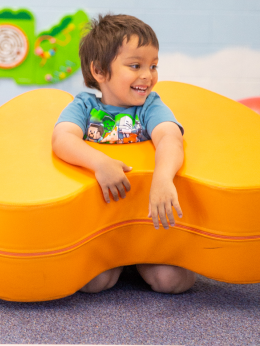


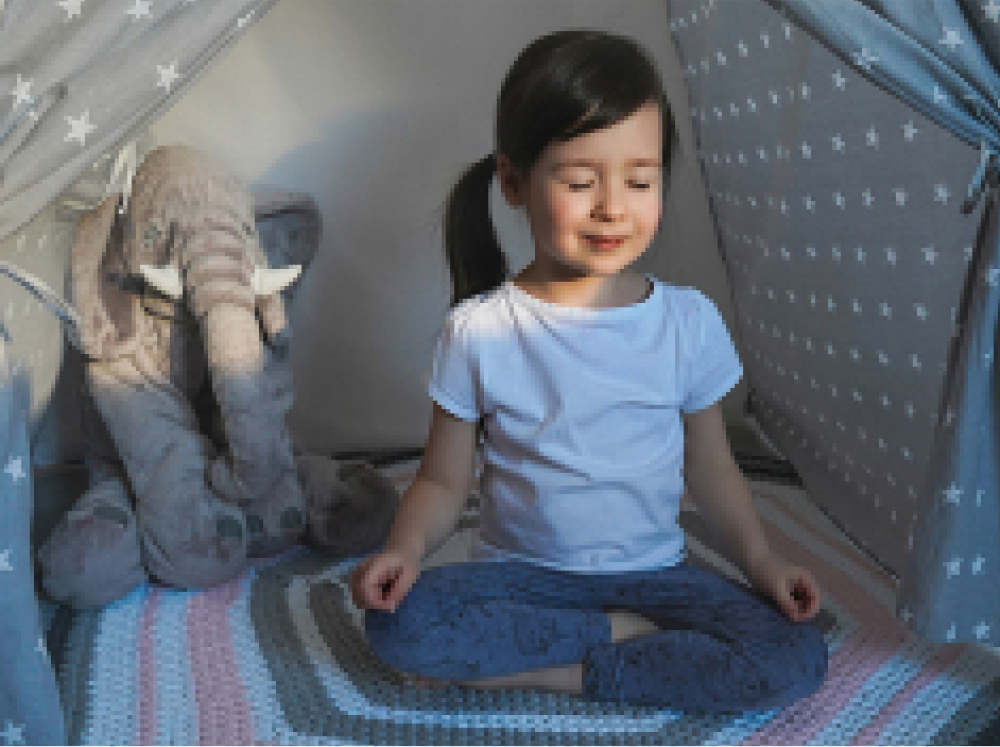
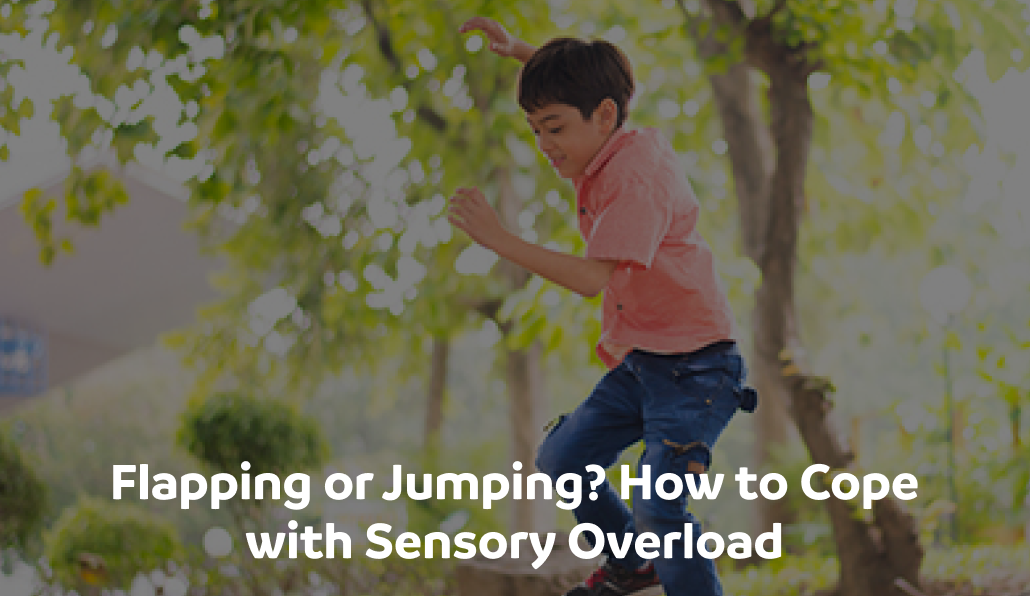

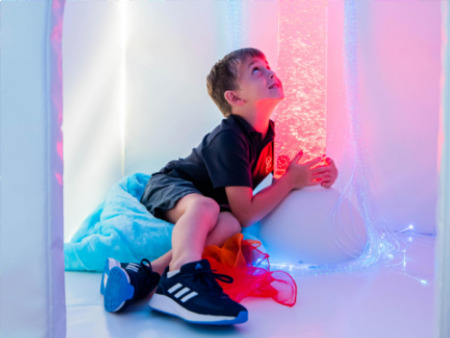
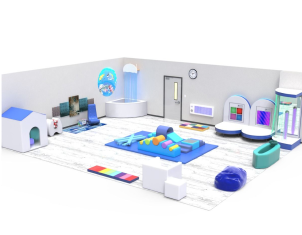

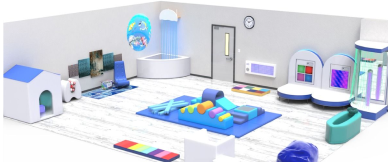
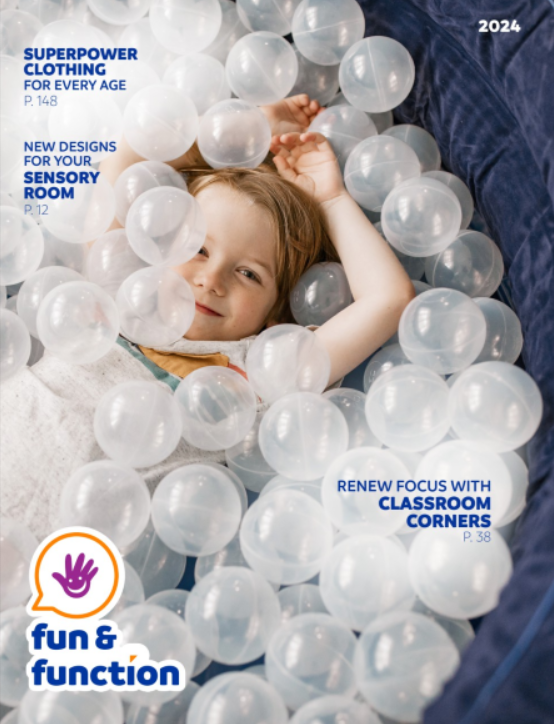


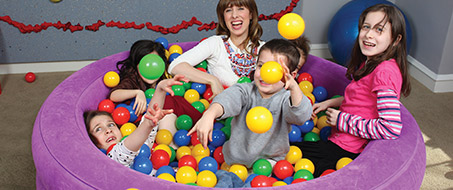







Comments